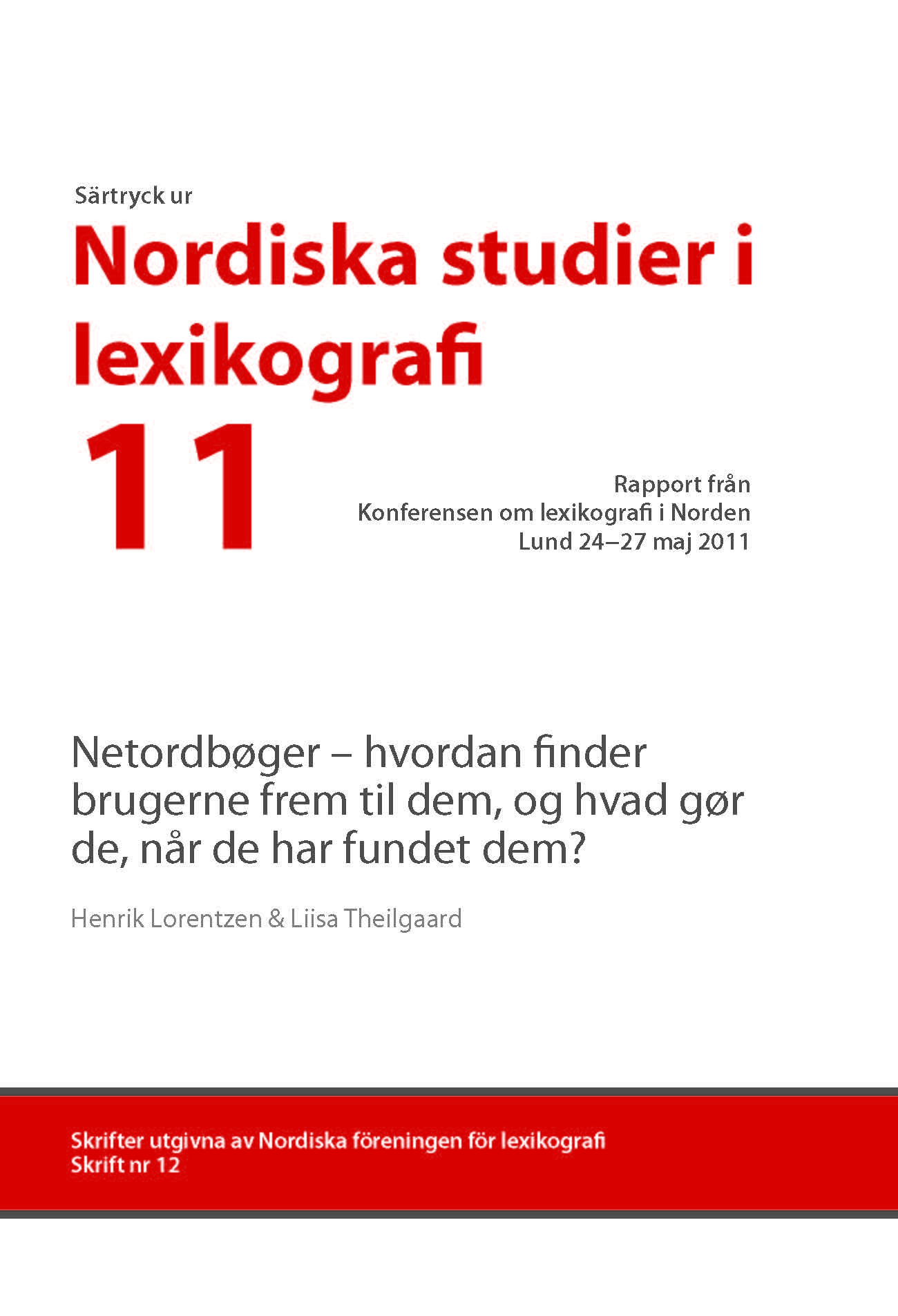Varför inte dub(b)lettformer? Om SAOB som normativ ordbok
Keywords:
Svenska Akademiens ordbok (SAOB), historisk lexikografi, deskriptiva och normativa ordböcker, stavningsnormeringAbstract
The Swedish Academy Dictionary (SAOB) is nowadays regarded – not least by its editors – as a decidedly descriptive dictionary, with the objectives of registering and describing the factual use of the Swedish language from 1521 to the present day. However, this has not always been the case. When the dictionary was first published at the end of the nineteenth century, it had, in addition to the descriptive aim, an explicit normative purpose that can be seen not only in the many value judgements occurring in its earlier volumes, but also in the shaping of the structure of the entries, as well as in the selection of the information contained therein. This article provides examples of how the conflict between the descriptive and normative purposes is manifested in SAOB. The main focus is on derivatives with the stressed suffix ett, e.g. dubblett and pollett, a group of words in which language users tend to prefer spellings like dublett and polett in accordance with the pronunciation, but contrary to the norm established by the Swedish Academy Word List (SAOL). As becomes plain from this article, SAOB has chosen in such cases to follow without exception the norm rather than the use, a choice that at times has resulted in more or less defective or contradictory entries.Downloads
Published
2012-01-01
How to Cite
Larsson, L. (2012). Varför inte dub(b)lettformer? Om SAOB som normativ ordbok. Nordiske Studier I Leksikografi, (11). Retrieved from https://tidsskrift.dk/nsil/article/view/19354
Issue
Section
Artikler
License
Nordisk Forening for Leksikografi/NSL og forfatterne.





